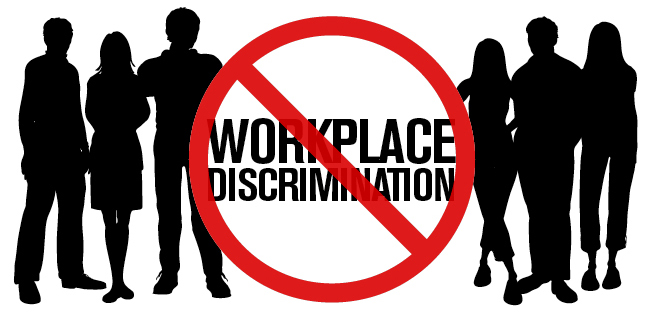The impact of the U.S. Supreme Court decision overturning the Defense of Marriage Act will be felt in the workplace.
First of all, overturning DOMA will expand anti-discrimination protections and partner benefits to lesbian, gay, bisexual and transgender employees who are employed by the federal government.
Overturning DOMA will also probably benefit LGBT employees not working for the federal government. One argument is that banning LGBT discrimination in federal employment will ease acceptance of extending anti-discrimination protections to lesbian, gay, bisexual and transgender workers in the workforce as a whole. Legislation has been introduced that would explicitly extend protections of federal and state fair-employment statutes to LGBT workers.
From a political point of view, explicitly extending fair-employment statutes to cover LGBT workers probably won’t be feasible until at least 2015, depending on the outcome of the 2014 elections. Politicians in “red states” in both parties may be wary of conservative backlash if they support extending fair-employment practices. That same reticence will probably be displayed by Senate Majority Leader Harry Reid who needs to Democrats to win in several conservative states in order to hold on to the majority.
But the recent decision overturning DOMA may further open the door to judicially expanding employment statutes to lesbian, gay, bisexual and transgender employees. Justice Anthony Kennedy and the liberal bloc struck down DOMA on Fifth/14th Amendment equal-protection grounds. If states can’t discriminate against gays in marriage on equal-protection grounds, it doesn’t make logical sense that the Fifth/14th Amendment allows employment discrimination against LGBT workers.
It is arguable that LGBT people already have the protections of our fair-employment laws under the theory of sex-plus discrimination that prohibits discrimination based on sexual stereotypes. In Smith v. City of Salem, Ohio, the Sixth Circuit Court of Appeals extended protections under the sex-plus theory to a male firefighter who started identifying as a woman. In Lewis v. Heartland Inns of America, the conservative Eighth Circuit Court of Appeals upheld a finding of possible finding of sex discrimination for a woman who was described by her boss as having “an Ellen DeGeneres kind of look.” Though the Eighth Circuit didn’t make any reference to sexual orientation in the decision, it is obvious that “Ellen DeGeneres” is a code word for “lesbian.” It makes sense to me that opposite-sex attraction is a stereotype for each gender and that discrimination against LGBT people should be covered under the theory of sex-plus discrimination. I think courts will be increasingly be forced to rule that way in the wake of the decision on DOMA stating that discrimination against gays and lesbians runs afoul of the Fifth/14th Amendments. Another possible factor working in favor of expanding fair-employment protections to LGBT workers are recent Supreme Court decisions interpreting federal fair-employment law favorably for employers. It’s easy to conceive of a moderately conservative judge in the mode of Justice Kennedy judicially extending fair-employment law to gays and lesbians with the understanding that it will likely be more difficult employees to win fair-employment suits.
Until Congress and/or our state legislatures act, LGBT employees are not guaranteed equal rights at work. But thanks to the decision overturning DOMA, I think courts will be more open to extending workplace rights to the LGBT community, regardless of what is done in the legislative branch.



Pingback: Do I Have a Wrongful Termination Claim? - Workers' Compensation Watch